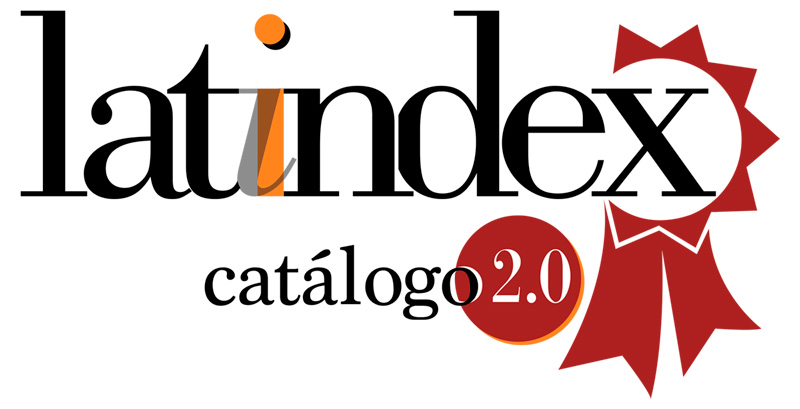Memory and Identity in Missing (una investigación)
DOI:
https://doi.org/10.35626/sv.21.2017.7Keywords:
Memory, identity, fiction, Latinamerican literaturaAbstract
The aim in this article is to explore in Alberto Fuguet”™s book, Missing (una investigación) (2009), the shapes of memory and identity concerning the main topic of this book: a lost person. To fulfill this aim, firstly, we built up a frame of reference in order to explore some approaches to time, memory, and identity at various moments in the 20th century, as well as some conceptual considerations, especially of Frech philosopher Paul Ricoeur. Then we examin the ways in which this author moved towards topics related to time, memory and identity, in earlier works, in order to provide a broader understanding of the place Missing (una investigación) ocuppies regarding those woks. In the last part of this article, we examin the shapes of memory and identity in Missing (una investigación). We conclude that this hybrid text can hardly be defined and that, beyond this, there is no sense in trying to do it. Its strength consist of the numerous literary resources used to erase differences between reality and fiction, and the private and the public spheres. One of this resources is the point of view, that is plural. Correlatively to this plurality of the point of view, shapes of memory can be differentiated as well as shapes of identity.









